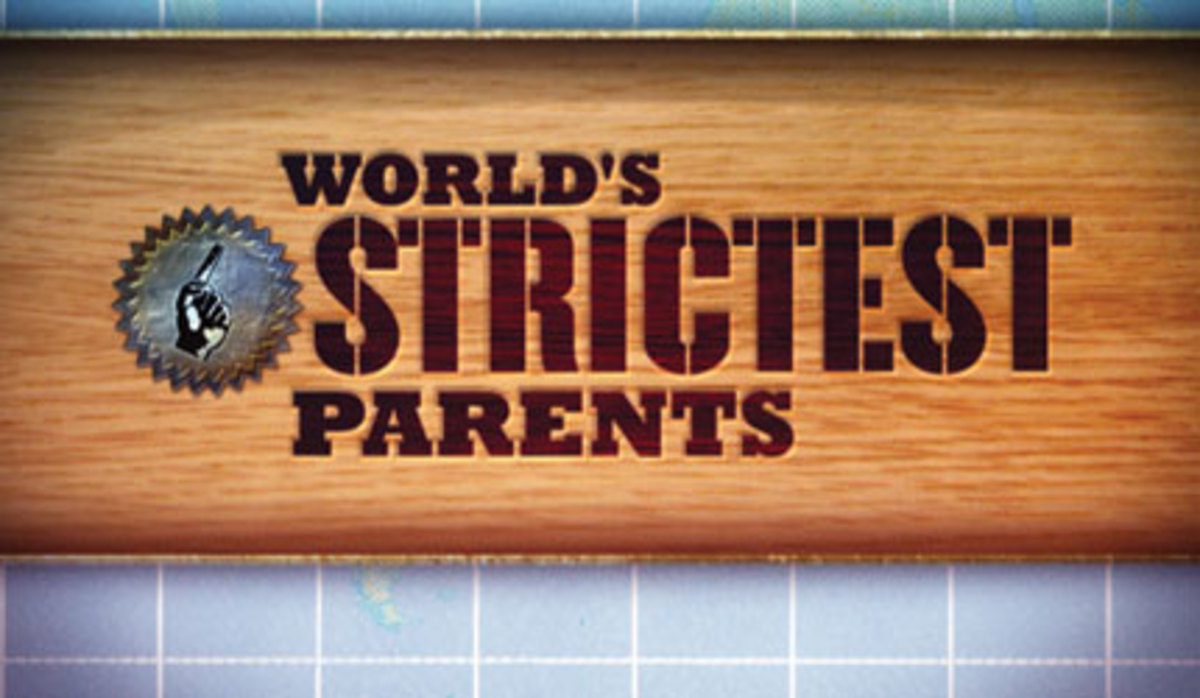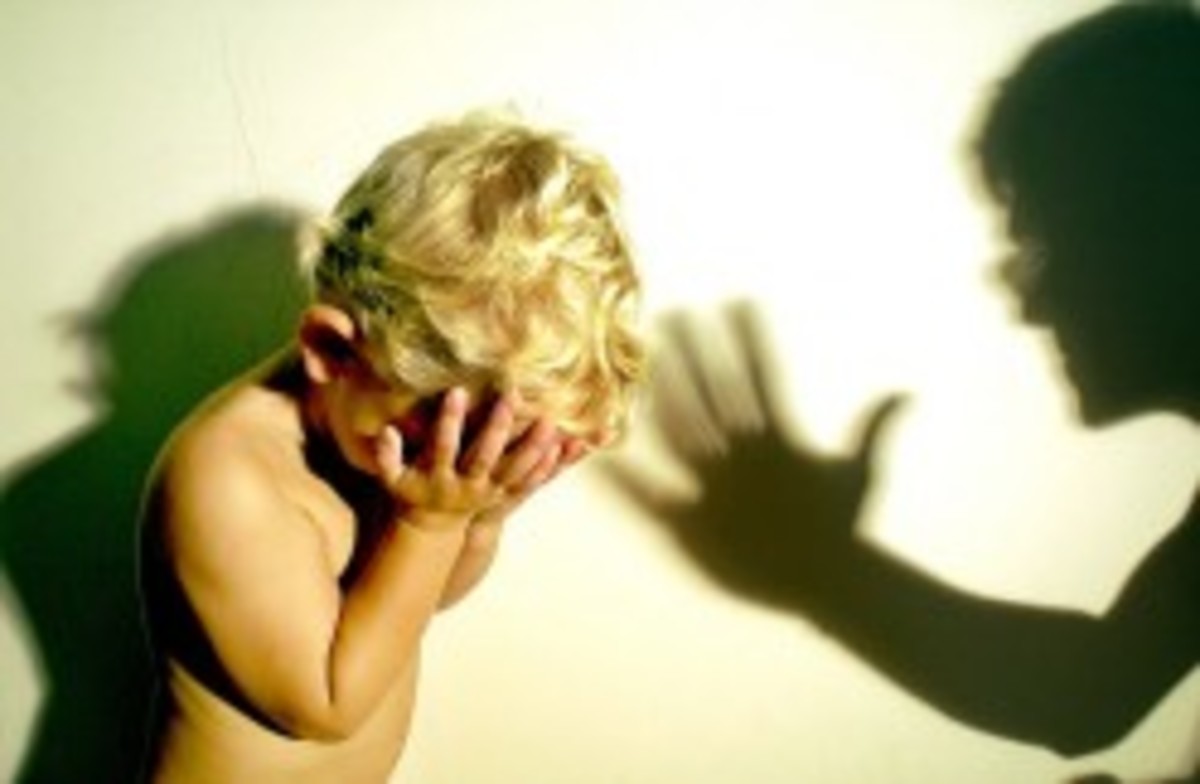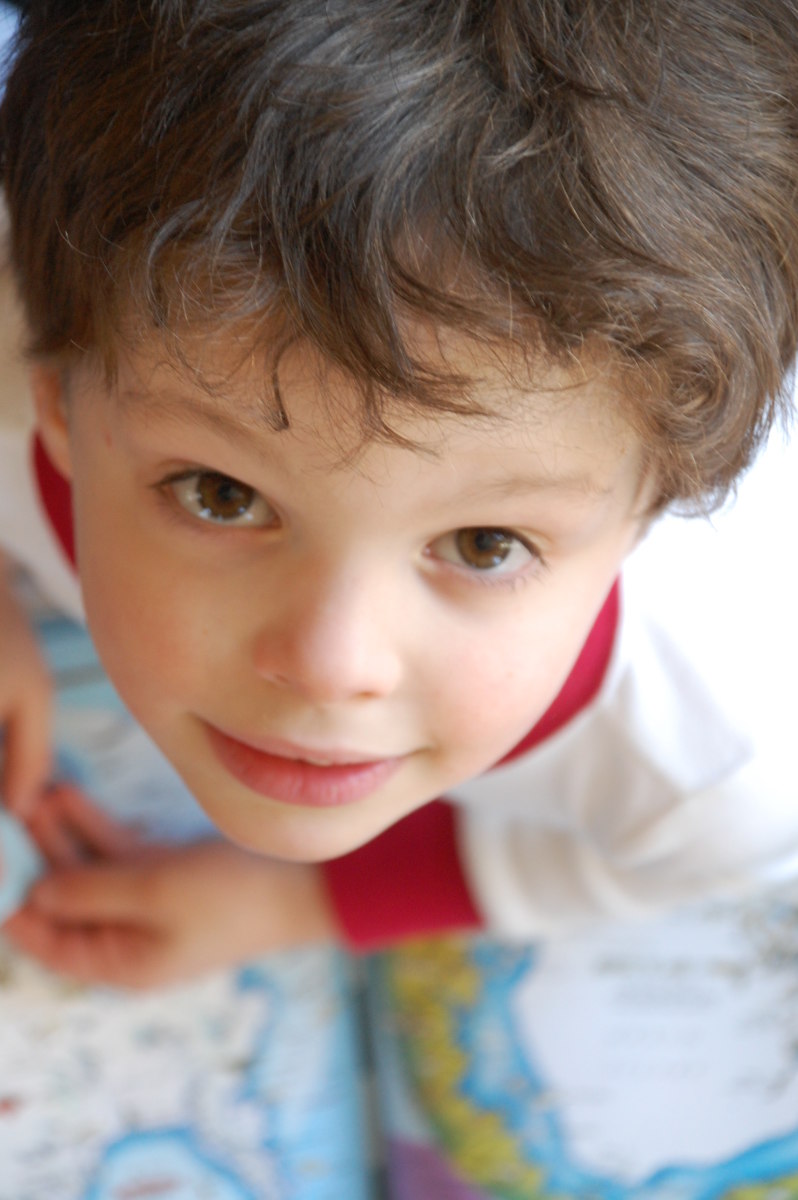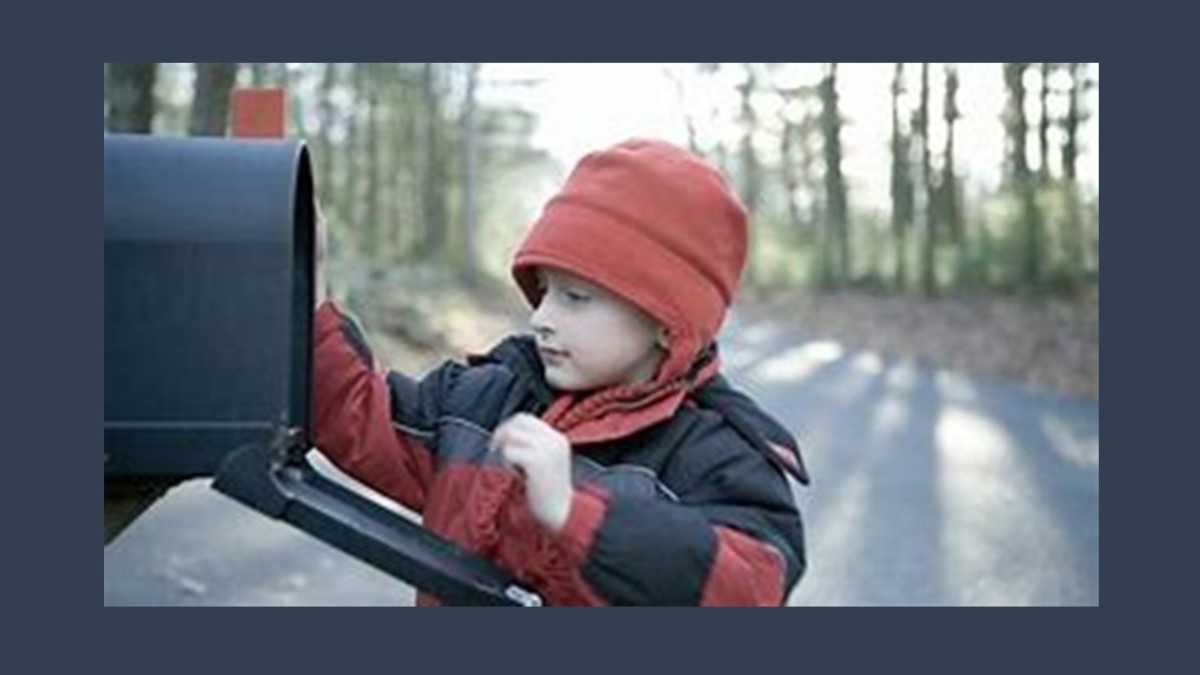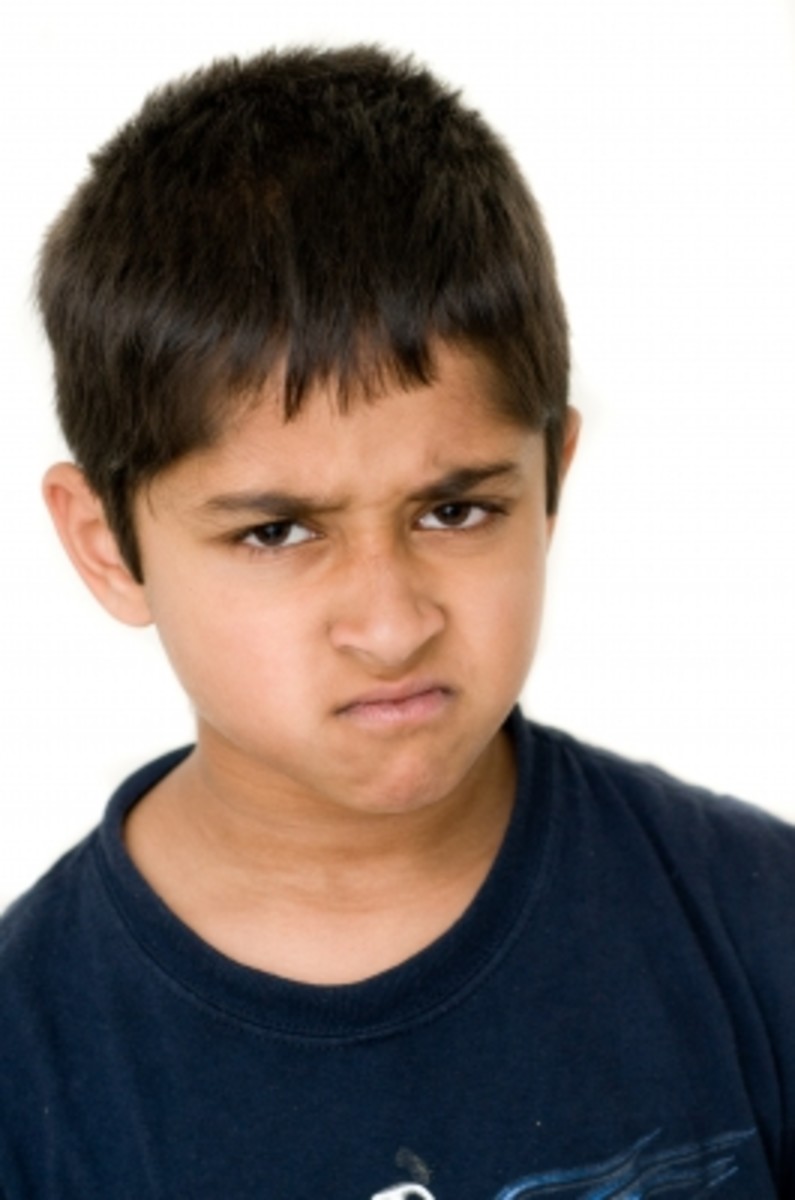5 Signs of a Toxic Parent

In this article, I have listed the five criteria for recognizing a toxic parent, but keep in mind that this list is not exhaustive. If you find that one of your parents meet these criteria, then it's time to take off to protect yourself and your loved ones.
A toxic parent is relentlessly critical and mocks their child
A toxic parent never congratulates their child. Nothing is ever good enough or perfect enough. They will say phrases like "It's good, but you could have..." This behavior will eventually cause the child to lose their confidence. The child will never feel like they are good enough because they have not been encouraged.
These criticisms will often be accompanied by mockery, which will further destabilize the child, regardless of their age. These mockeries will take place either in the family or in public.
They can create deep wounds that take a long time to heal, if ever. Some jokes, even without bad intentions, can be disastrous for a child's psyche.
A toxic parent makes their child feel guilty
The toxic parent is also the one who will make their child feel permanently guilty. "I warned you..." "Why don't you listen..." "I scolded you because you were bad..." "When you commit this stupidity, you make me..." "If I work this hard, it is to be able to put you in a good school..."
These sentences may seem trivial, but in the end, they only wind up putting the weight of responsibility on a child, which is something they are not able to bear yet.
To show this child that they have disappointed their parents is far more violent than a straightforward remonstrance. The child knows when they did wrong so they can be grounded in order not to do that wrong thing again, but there's no point in making them feel guilty.
A toxic parent cannot accept the emotions of their child
A child feels emotions that are not always comprehensible. However, they must always be welcomed by parents. When a child falls, some parents rush to say, "It's nothing, get up and go back to play."
But, on the contrary, we must try to understand this emotion and try to appease it, "You must have hurt yourself, but you are fearless. I know you'd prefer to keep playing. I am proud of you."
This small example illustrates how the toxic parent should behave instead when his or her child is sad or afraid.
Stifling children's emotions can be dangerous. Stifled anger will come out of that one day or another and in a disproportionate manner.
A toxic parent imposes their views on their child
A toxic parent assumes that a child has no agency and perhaps that they shouldn't even have any. The parent will, therefore, impose their tastes, choices, and desires without bothering to listen to what their child wants.
The parent always dreamed of playing the piano, so his/her child is playing the piano. Even when the child becomes an adult and maybe a parent themselves, he or she will always seek the "advice" of his/her toxic mother or father, who will impose on him/her how to educate their child, criticize their choices, and always have the most significant say.
A poisonous parent interferes in their child's life and even violates their privacy. The toxic parent will never feel too much and will not think for a moment that their child can do well without their parent's guidance. As a general rule, a toxic parent is unable to trust his or her child.
A toxic parent never apologizes
We are told time and time again that it is a question of generation, that there was a time when parents did not have to ask their children for forgiveness, but this rhetoric does not hold now, and it never has.
We all make mistakes, and if we want to teach our children how to forgive and ask for forgiveness, then we must be their example. Now a toxic parent cannot admit that they are wrong because they do not want to lose face in front of their child.
The toxic parent will eventually isolate their child, who will slowly lose confidence in himself or herself and become aggressive with others to exteriorize their ill-being.
When one is aware of having a toxic parent, one should not hesitate to distance themselves. If you realize that a friend or someone in their entourage behaves like this with their child, you should try to explain to them the harmful consequences of such behavior towards their child.
© 2019 Carina Johnson

